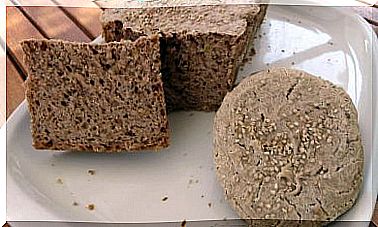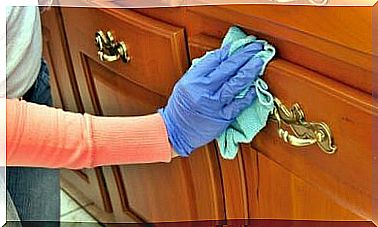Spelling Exercises For Children
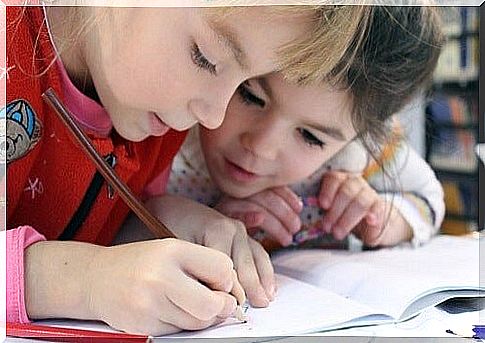
Doing spelling exercises is necessary to learn writing, its norms and the rules of the correct use of written language. Learning to write is one of the most complex challenges in a child’s life. For this, it is useful to do spelling exercises at home to complete the study activity carried out at school. Even better if through the game.
During the first years of school there will be no family reunion or school meeting in which the children are not asked if they have already learned to write and read. When asked, the little ones often grit their teeth, pretend to smile, and say they are trying to learn.
It will also have happened to us as children, so we can imagine the anxiety that children can feel. Understand that they are discovering a whole new world for the first time.
They find themselves having to learn 26 symbols, as well as the various ways of combining them in a vast vocabulary of written terms. Here are some games to help children perform spelling exercises .
Spelling exercises for correct writing
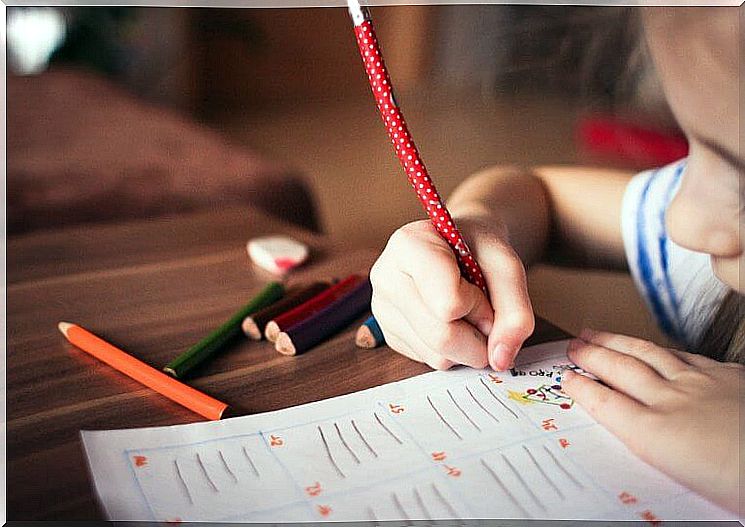
It is not just about learning to read and write, but also about doing it correctly. Writing presupposes learning a new method of reasoning for the child and a new order to express his ideas.
It is also more difficult nowadays. This is because children are more exposed to the use of electronic devices and social networks, where spelling errors are very common.
Correct spelling has begun to be limited by the amount of characters that can be entered in a Twitter message or is neglected in the rush to write in chat. On these platforms, such errors are “socially allowed”, which is why abbreviations or the absence of punctuation are frequent.
All of this makes learning spelling more difficult and complex for children. We know that reading is the best tool to learn to write correctly, expand vocabulary or learn a new language.
Spelling exercises for children
We advise you to find fun and creative solutions to introduce the little ones to the world of letters and spelling.
Make learning a fun, new and playful activity, regardless of the innovative techniques used in school.
1. Take advantage of technology
Leaving children in front of a screen, be it a cell phone or a tablet or a TV, is a real dilemma for parents. New technologies are increasingly reducing family time, thus exposing children to dangers that their parents are not aware of.
But the various platforms available on the net are also great allies to practice reading and writing in a fun way.
Just log in to watch music videos, online games and free applications that help improve spelling.
2. Spelling exercises and games to play at home
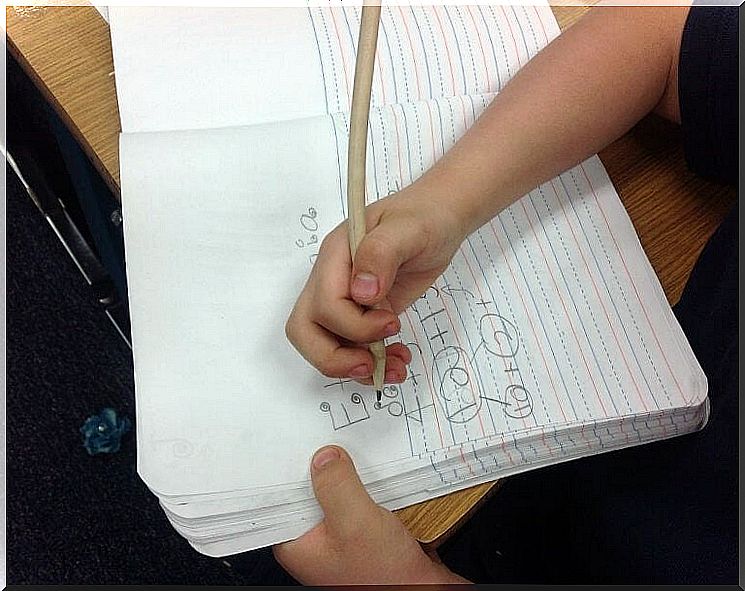
Traditional board games such as Scrabble can be valuable allies for learning new words and the use of letters. You can play this game at home too.
Invite the children to play treasure hunt at home or in a park. Hide bits of paper with words. Word after word will form complete sentences or compound words.
Make up rhyming songs and invite them to reflect on the differences in each letter and word written. In this way, they will learn in a fun way to associate the written form with pronunciation.
For example: the A is a letter with its feet spread as if it wants to jump and fly like a Plane, or the S seems to crawl like a Snake.
3. Find out words and phrases
Writing all the words that begin with the same letter is an exercise that helps children learn the correct use of letters. It helps them broaden their vocabulary and learn new words. Younger children can play this game in pairs.
Another good idea is to cut out small squares with letters and create words and punctuation marks. The game consists of forming several sentences with the same words, but changing the order of the punctuation. This way you learn the value of spelling rules for expressing different ideas correctly.
4. Recreate home school for fun
Playing home schooling is an interesting alternative. Mom or dad can be teachers and children are pupils, or vice versa. Recreate the scene with chairs, a desk, the chalkboard, or other typical school items.
One thing that amuses the little ones so much is to use the typical school clothing. In this way they will be able to review the spelling rules by playing and recreating the school environment.
Have fun making quizzes for children while you play. Instead of the votes the prize will be chocolates or a walk in the park.
5. Letters everywhere
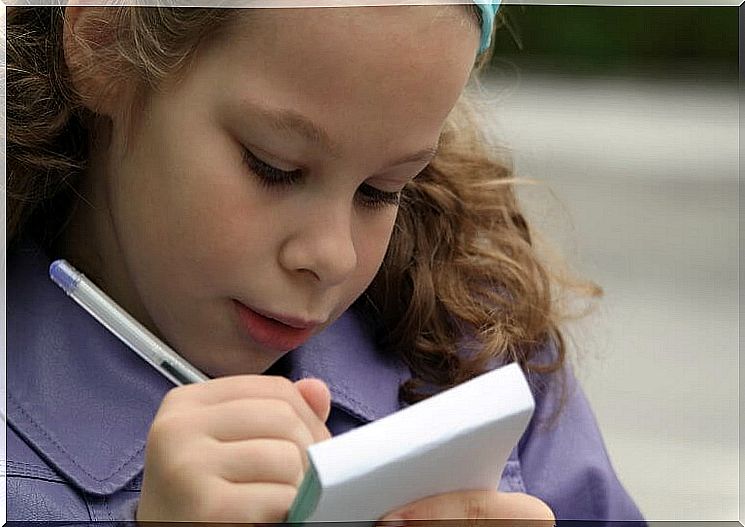
If often your daily routine does not allow you to dedicate time to play with the children, use several moments throughout the day to make them passionate about the world of letters. Always find fun activities to break the monotony.
Try playing while walking down the street or while walking to the car. For example, you can play who finds certain letters or words in advertising posters first.
During lunch or dinner, you can arrange the food on the plates in the shape of letters or even write the name of the children or recreate the shape of a letter with vegetables, pasta or sauce.
Create shapes
Learning to communicate through written language is not a natural process like learning spoken language. It requires other cognitive and emotional skills. Encourage children to associate words with pictures, including through codes.
Make children passionate about the study of reading and writing in order to guarantee them the knowledge of a fascinating world full of benefits. Reading and writing increase the cognitive abilities of the human being. They allow him to improve in social interactions and increase his potential.
The whole learning also improves the skills of creation and imagination. As children learn to write correctly, they also discover compliance with the rules of spelling and get used to reading. It is very important to also consider the cultural value of these two habits.


